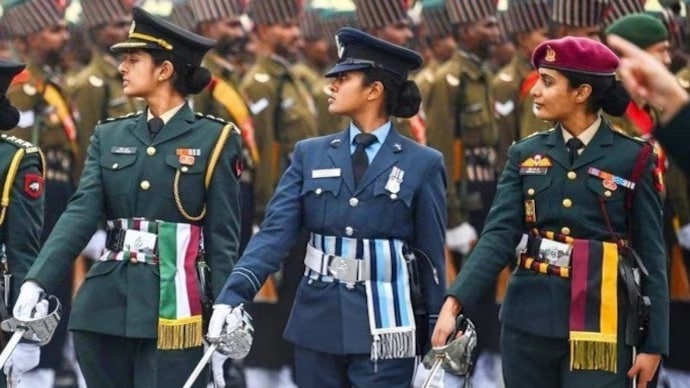In a recent hearing, the Supreme Court of India, led by a bench comprising Chief Justice D Y Chandrachud and Justices J B Pardiwala and Manoj Misra, expressed strong disapproval of the Centre’s stance on denying permanent commission to women officers in the Indian Coast Guard (ICG). The court’s remarks came during the hearing of a plea filed by Priyanka Tyagi, a decorated pilot with an illustrious 14-year tenure in the ICG.
You speak of ‘Nari Shakti Nari Shakti,’ now show it here. You are at the deep end of the sea here. I don’t think the Coast Guard can say they can fall out of line when the Army and Navy have done it all. You all have not read the Babita Punia judgment so far.The bench remarked.
Tyagi’s plea shed light on the glaring gender disparity within the ICG, where despite her remarkable achievements and invaluable contributions, she was denied the opportunity for permanent entry. As a short service appointment (SSA) officer, Tyagi’s accomplishments speak volumes – she has saved over 300 lives at sea and logged an impressive 4,500 flying hours, the highest among both men and women in the armed forces.
The court’s rebuke was aimed at the Centre’s patriarchal approach, questioning why women officers in the ICG are not treated on par with their male counterparts in the Army, Navy, and Air Force, all of which have embraced gender inclusivity in granting permanent commissions. Chief Justice Chandrachud emphasized the need for gender equality, urging the government to uphold the principles of “Nari Shakti” (women empowerment) in all spheres, including the armed forces.
Additional Solicitor General Vikramjit Banerjee’s defense, arguing that the ICG operates in a different domain, was met with skepticism by the bench. The court underscored that the ICG cannot deviate from the progressive path set by other branches of the armed forces.
Priyanka Tyagi’s case epitomizes the systemic challenges faced by women in traditionally male-dominated sectors. Despite breaking barriers and demonstrating exceptional competence, gender biases continue to hinder their advancement. The Supreme Court’s intervention signifies a beacon of hope for gender equality advocates, signaling that justice will prevail irrespective of the domain or institution.
The outcome of this case will not only impact Tyagi’s future but also set a precedent for the treatment of women officers in the ICG and beyond. As the legal battle unfolds, it is imperative for the authorities to heed the court’s admonition and ensure equal opportunities for women in the armed forces, reaffirming India’s commitment to gender equality and inclusivity.
